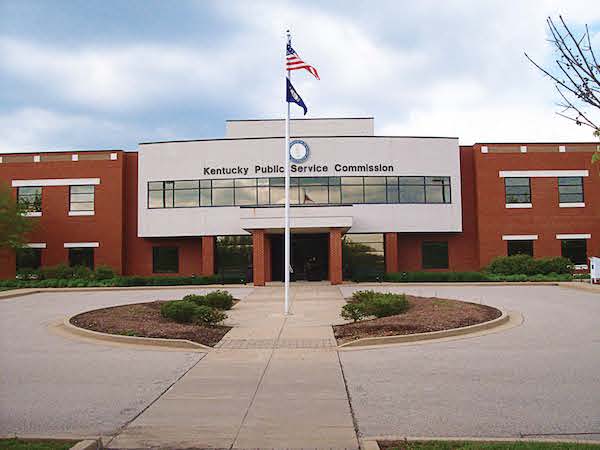
PSC opens investigation of ratepayer assistance programs
The Kentucky Public Service Commission (PSC) has opened a proceeding to examine the financial assistance programs offered to low-income residential ratepayers by Kentucky’s investor-owned electric, natural gas and water utilities.
According to a statement, in an order issued Monday, the PSC said it is concerned that the programs — broadly termed home energy assistance, or HEA, programs — are not consistent with respect to funding, eligibility, benefits provided, oversight and administrative costs.
“We initiate this proceeding for the purpose of creating uniformity in HEA programs across the Commonwealth and ensuring effective and accountable HEA programs that are consistently applied, more beneficial to and easily accessed by eligible low-income customers, and result in increased benefits to all ratepayers,” the PSC said in the order.
The statement said the programs under review generally are funded by a small surcharge on residential bills, with some level of matching funding from the utility’s shareholders, as well as additional voluntary contributions from ratepayers or others.
The PSC is not examining the Low Income Home Energy Assistance Program (LIHEAP), which is a federally funded program administered separately from the utility-sponsored programs. The PSC has no jurisdiction over LIHEAP.
The PSC, according to the statement, also is not reviewing utility-sponsored weatherization programs, which have a funding mechanism separate from the financial assistance programs.
Ratepayer assistance programs are offered to electric customers by Louisville Gas & Electric Co. (LG&E), Duke Energy Kentucky, Kentucky Utilities Co., and Kentucky Power Co.; to natural gas customers by LG&E, Duke Kentucky, Columbia Gas Co. and Delta Natural Gas Co.; and to water customers by Kentucky-American Water Co.
The financial assistance programs generally are funded by a monthly surcharge assessed on each residential meter. The surcharges vary by utility.
Eligibility criteria also vary, but generally are based on the federally determined poverty level.
Financial assistance programs provide either a crisis payment that is applied to a single bill or a monthly subsidy, usually provided during months of peak energy use.
In the order, the PSC noted that is has reviewed a number of HEA programs in connection with recent rate cases and other proceedings. The PSC said it found wide variability in the administration and effectiveness of the programs.
Among the specific issues identified by the PSC are:
• Varying levels of funding.
• Inconsistent requirements for eligibility and participation.
• Unequal opportunity to apply for and receive assistance.
• Variability in the amount, duration and allocation of assistance payments.
• Inconsistent oversight and financial accountability.
• Widely varying administrative costs charged by third-party program administrators.
All investor-owned utilities with financial assistance programs for low-income ratepayers are being made parties to the proceeding. The order, the statement said, directs them to provide certain initial information to the PSC within 20 days. It also establishes a schedule for further proceedings in the case.
The order is available on the PSC website, psc.ky.gov. The case number is 2019-00366.













![Foothills-Bundle] Foothills-Bundle](https://thelevisalazer.com/wp-content/uploads/2020/05/Foothills-Bundle-422x74.jpg)




